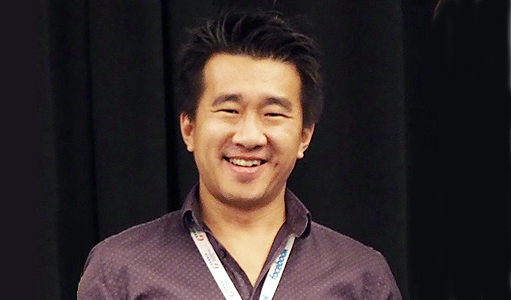1.Georgetown University Department of Government

(est. 1922; government.georgetown.edu).
Georgetown offers joint degrees in international relations and a master of science in foreign service through its Edmund A. Walsh School of Foreign Service. It was the first to confer a degree in 'international affairs.'
Columbia University in the City of New York. Office of the University Registrar. Degree/certificate program (if applicable) Degree/certificate conferral date (if applicable) Honors earned (if applicable). (or mailed, based on the delivery preference). The tracking mechanism also allows you to monitor when an electronic transcript is.
- Columbia University Science Honors Program 2019-2020 Academic Year The Columbia University Science Honors Program (SHP) is a highly selective program for students who have a strong interest in science and mathematics. Classes are held at Columbia from 10:00 AM to 12:30 PM on Saturdays throughout the academic year.
- Oct 20, 2011 Top 25 International Relations master's degree programs. Andy Nelson / The Christian Science Monitor. Georgetown University. Columbia University School of.
2.Johns Hopkins University, The Paul H. Nitze School of Advanced International Studies
(1943; www.sais-jhu.edu).
In addition to its Washington, D.C., campus, SAIS has locations in Bologna, Italy, and Nanjing, China.
3.Harvard University Kennedy School of Government
(1936; www.hks.harvard.edu).
The Kennedy School's John F. Kennedy Jr. Forum has hosted speaking events by figures such as Mikhail Gorbachev, Desmond Tutu, and George H.W. Bush over the years.
4.Tufts University Fletcher School
(1933; fletcher.tufts.edu).
The Fletcher School has admitted students from more than 70 countries.

5.Columbia University School of International and Public Affairs
(1946; sipa.columbia.edu).
Nearly half of its employed 2010 graduates are working in the private sector: consulting, banking, and business.
The Columbia University Science Honors Program (SHP) is a science program that runs during the school year for tenth-, eleventh-, and twelfth-grade high-school students.[1]
Curriculum[edit]
Since 1958, SHP has offered courses spanning the full range of the pure and applied sciences, from organic chemistry, neuroscience and physiological psychology, to computer programming in Java and calculus in the complex plane, as well as introductions to special relativity, quantum theory, particle physics and physical cosmology.[2][3] The program was directed by educator Donald Barr from its inception until 1964, and during that period admitted students as young as ten years old. It boasts many famous alumni, including the creator of GNU, Richard Stallman, and several Nobel Laureates.[4] The program was run by Professor Allan Blaer for many years, and has recently been taken over by Professor Jeremy Dodd.
Administration[edit]
Classes are held each Saturday throughout the academic year, from September through May at Pupin Hall at Columbia University. There are no tuition charges for the program, but students must provide their own transportation expenses, to and from Columbia's campus in New York City. The program receives funding from the university, and donations from corporations and foundations, as well individual donations from students. [1]
Admission[edit]
To apply to the SHP, students must go online to the Columbia SHP website; however, this was not the procedure in 1958 when the program started. The main portion of the application process is a rigorous, three-hour examination proctored in the Columbia University campus that contains questions in both mathematics and science. The exam is tripartite, consisting of a 50 question 'easy' mathematics section, a 75 question survey science section, and a 15 question 'challenge' mathematics section. The average acceptance rate for the program is usually around 10%. There are 300-400 participants in the program across all 3 grades (10,11,12).[5]
Columbia University Science Honors Program Application
Applications are mailed to schools within a 75-mile radius of Columbia's New York City campus, and there are several more requirements beside the test: A transcript of the student's grades, a recommendation by a science or math teacher, and a student essay are also required.
References[edit]
- ^ ab'General Information'. Columbia University Science Honors Program. Columbia University. Retrieved 2014-01-11.
- ^'Science Education for Young Learners'. The Record. Columbia University. Archived from the original on 2014-10-06.
- ^'Science Honors Program Course Descriptions Fall, 2011'. Columbia University Science Honors Program. Columbia University. Retrieved 2011-12-11.
- ^Columbia Univ. Science Honors Program 59th Annual Donation Appeal Letter. Nov 17 2016.
- ^'Summer Programs for High Schoolers'. EdInformatics. Retrieved 2015-12-11.